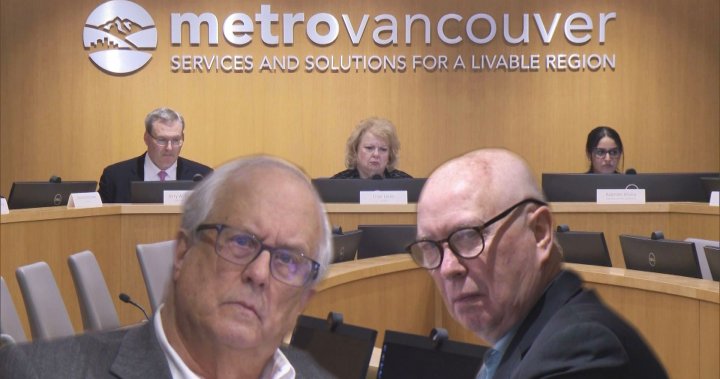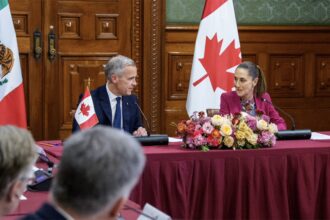A growing wave of public discontent is rising over the compensation packages for Metro Vancouver’s board members, with critics calling the current remuneration structure excessive at a time when residents face mounting financial pressures. The controversy has ignited after recent revelations about director compensation, sparking demands for greater accountability in regional governance spending.
The Metro Vancouver Regional District, which oversees critical services including water, sewage treatment, and regional planning for 21 municipalities, has come under scrutiny following reports that board members can earn up to $1,500 per month for attending meetings that sometimes last less than an hour. Directors receive a base stipend plus additional payments for each committee meeting they attend, potentially accumulating significant compensation for part-time governance work.
“The current payment structure doesn’t reflect the economic realities facing average citizens,” said Rebecca Nguyen, executive director of the Taxpayers Alliance of British Columbia. “When families are struggling with housing costs and inflation, seeing elected officials collect multiple stipends for brief meetings feels disconnected from public service principles.”
Financial records obtained through freedom of information requests reveal that some Metro Vancouver directors received more than $50,000 in annual compensation for their regional board work—compensation that comes on top of their municipal salaries. This has prompted questions about whether the current structure incentivizes the creation of additional committees and meetings.
Mayor Mike Morden of Maple Ridge acknowledged the growing concerns in a statement to CO24 Politics: “We need to ensure that compensation frameworks for regional governance remain reasonable and defensible to the public we serve. The board should consider whether reforms are needed to better align with community expectations.”
The controversy emerges against a backdrop of economic challenges in the region. Metro Vancouver residents face some of Canada’s highest housing costs, with the average family spending over 40% of household income on housing expenses. Meanwhile, infrastructure demands require significant regional investment, placing pressure on municipal budgets across the district.
Regional governance experts suggest the issue reflects broader questions about accountability in multi-tiered government structures. Dr. Sarah Johnston, Professor of Public Administration at Simon Fraser University, explained: “Metro Vancouver operates somewhat removed from direct public scrutiny. Most residents don’t closely follow regional board activities, creating a transparency gap that can lead to these types of controversies.”
In response to mounting criticism, several civic organizations have launched a petition calling for immediate reforms to the director compensation structure. The petition, which has gathered over 5,000 signatures, proposes a cap on total annual compensation and greater transparency regarding meeting attendance and outcomes.
“We’re not suggesting board members shouldn’t be compensated for their work,” clarified Jordan Smith, organizer with Metro Citizens for Accountability. “But the current system lacks the checks and balances needed to ensure compensation reflects actual work performed and value delivered to residents.”
Metro Vancouver Board Chair George Harvie has indicated the board will review its compensation structure at its upcoming meeting, acknowledging public concerns while defending the importance of regional governance. “The work we do at Metro Vancouver affects every resident’s daily life, from the water they drink to regional growth planning. We need to ensure fair compensation while maintaining public trust.”
As this controversy unfolds, it raises essential questions about how we value and structure regional governance. In an era of economic uncertainty and rising costs, can Metro Vancouver create a compensation model that both recognizes the importance of regional leadership while respecting taxpayers’ legitimate concerns about fiscal responsibility?










